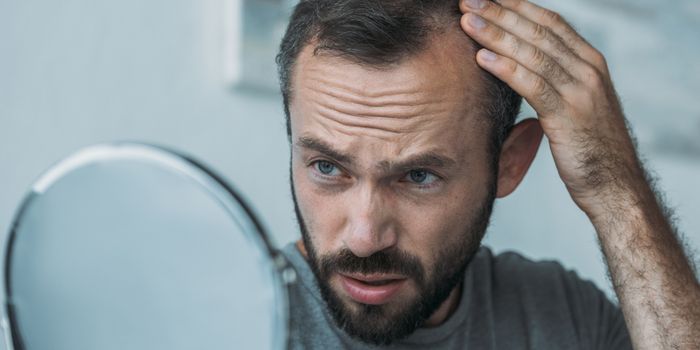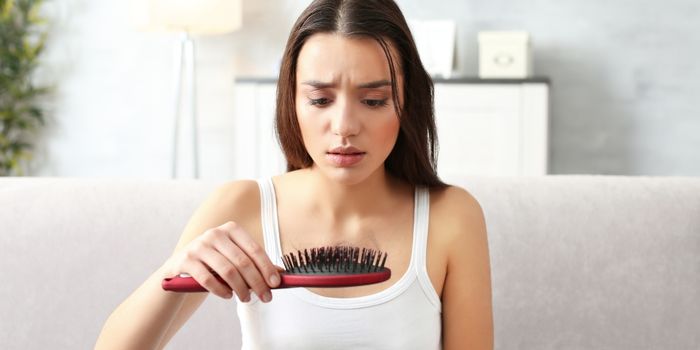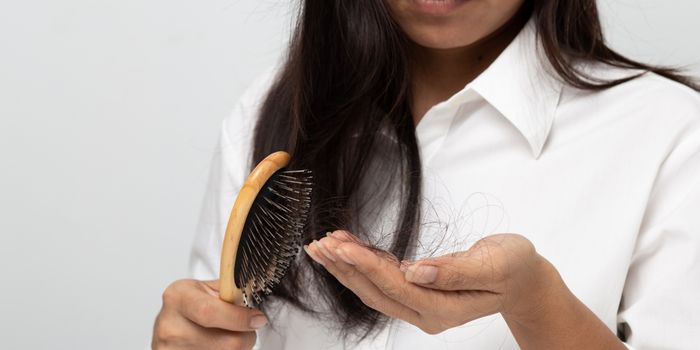
While genetics undeniably play a significant role in hair loss, the narrative surrounding this common concern is far from one-dimensional. Beyond the confines of inherited predispositions, a multitude of non-genetic factors intricately interplay to influence hair health and vitality. From lifestyle choices to environmental stressors, understanding the broader spectrum of contributors to hair loss unveils a more comprehensive picture of this multifaceted phenomenon.

What are non-genetic causes of hair loss?
Non-genetic causes of hair loss encompass a broad spectrum of factors beyond inherited predispositions. Lifestyle choices such as poor nutrition, crash dieting, and high stress levels can deprive the body of essential nutrients and disrupt the hair growth cycle. Medical conditions like thyroid disorders, hormonal imbalances, and scalp infections can also contribute to hair thinning and shedding. Additionally, medications, treatments like chemotherapy, physical trauma, environmental pollutants, and harsh hair care practices can further exacerbate hair loss. Understanding and addressing these non-genetic factors are essential for effectively managing hair loss and promoting healthy hair growth.
How do you know if hair loss is genetic or not?
Determining whether hair loss is genetic or not often involves considering several factors. Genetic hair loss, also known as androgenetic alopecia, typically follows a distinct pattern, with men experiencing a receding hairline and thinning at the crown, while women may notice diffuse thinning across the scalp. Family history plays a crucial role, as genetic hair loss tends to run in families, often affecting multiple generations. The age of onset is another key indicator, with genetic hair loss typically beginning in adulthood and progressing gradually over time. However, it’s essential to consult a doctor for a thorough evaluation and accurate diagnosis, as other factors such as medical conditions, medications, and lifestyle habits can also contribute to hair loss.

Is non-genetic hair loss reversible?
Non-genetic hair loss, also known as non-androgenic alopecia, can sometimes be reversible depending on the underlying cause. Unlike genetic hair loss, which is often progressive and permanent, non-genetic hair loss may be temporary and reversible with appropriate treatment. The reversibility of non-genetic hair loss depends on identifying and addressing the root cause. For example, hair loss due to factors such as nutritional deficiencies, hormonal imbalances, medications, stress, or certain medical conditions like thyroid disorders or scalp infections may be reversible once the underlying issue is treated or managed effectively. Additionally, adopting healthy lifestyle habits, such as maintaining a balanced diet, managing stress levels, and gentle hair care practices, may also support hair regrowth in cases of non-genetic hair loss.

What is the safest treatment for non-genetic hair loss?
Determining the safest treatment for non-genetic hair loss depends on the underlying cause and individual health considerations. In many cases, addressing the root cause of hair loss is the first step towards effective treatment. For example, if hair loss is due to nutritional deficiencies, vitamin and mineral supplementation may be recommended. Similarly, hormone imbalances can be managed with medications or hormone replacement therapy. For individuals experiencing hair loss due to stress or lifestyle factors, stress management techniques and healthy lifestyle changes can promote hair regrowth. Minoxidil (Rogaine) is a topical medication approved by the FDA to treat non-genetic hair loss and is generally considered safe for most individuals. In addition, low-level laser therapy (LLLT) and platelet-rich plasma (PRP) therapy are non-invasive treatments that have shown promising results in stimulating hair growth and are considered safe when performed by qualified professionals. You can contact Dr. Çağatay Sezgin to determine the safest and most effective treatment option based on individual needs and circumstances.
You may also like this: The Transformative Power of Hair Transplant Surgery








